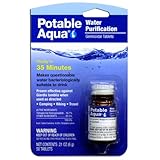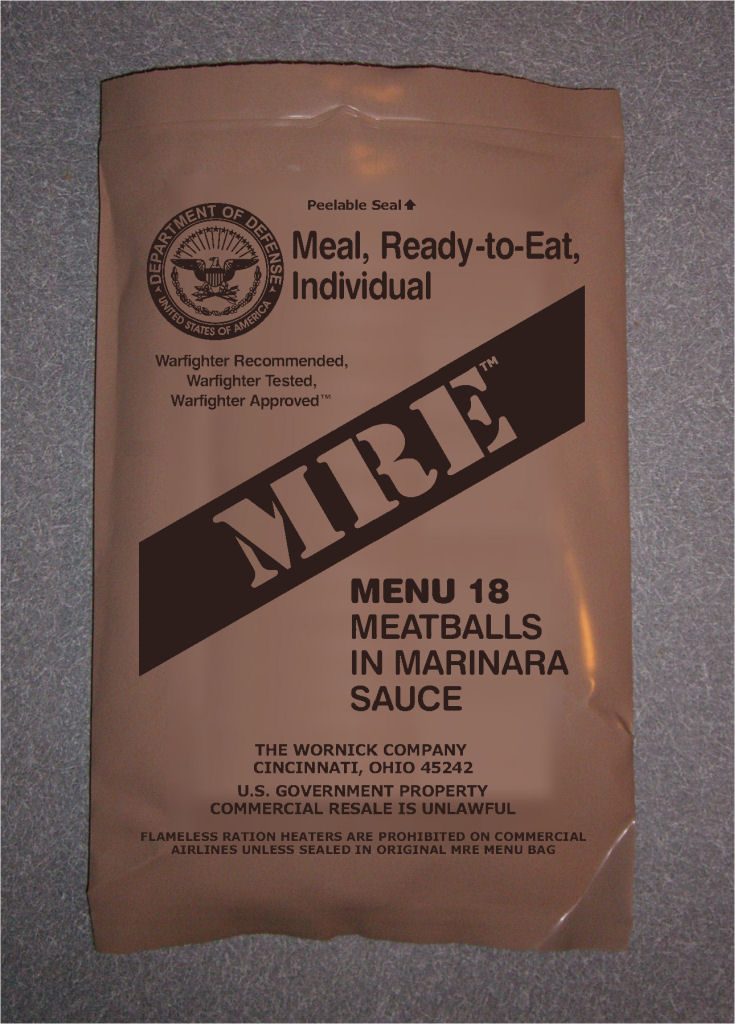The first two steps to becoming prepared are follow the counsel of the prophets and live righteously. It's interesting, but many people do not understand that being physically prepared and being spiritually prepared go hand in hand. Luckily for us, we just had our wonderful General Conference, which is the
perfect time to find out what the prophet wants us to do and to know how to follow it.
In this last April 2013 session, there wasn't a whole lot specifically about physical preparedness. However, there were
tons of talks that mentioned our spiritual state. One image that I loved was given in President Dieter F. Uchtdorf's
talk during the Priesthood session. As a side note, even though this talk was given to brethren and he was specifically talking about the four titles of Priesthood holders, I firmly believe that the titles he gave can be applied to anyone in the Church. One title he gave is that of a "healer":
As home [and visiting] teachers, we are healers....we should be committed and dedicated healers. We carry in one hand a vial of consecrated oil for blessing the sick; in the other we carry a loaf of bread to feed the hungry; and in our hearts we carry the peaceable word of God, "which healeth the wounded soul" (Jacob 2:8).
I love this image of bread and oil in the hand and the word of God in the heart. It shows how closely physical and spiritual matters should work together. It shows that even though we may want to just focus on physically preparing for upcoming emergencies, it is just as important to be spiritually prepared.
So what did we learn at conference? For me, the overarching theme was obedience to God's commandments. President Thomas S. Monson's
talk titled "Obedience Brings Blessings" focused on a few specific commandments that he found very important. One commandment was home and visiting teaching. He told a story of how two home teachers living in east Berlin right after the Second World War received an assignment to visit a brother in Hungary on a regular basis. The trip would take a whole week, and because of the political climate, they were not certain they would even return. Even so, they fulfilled their duty and helped another member of the Church. Now I know that no one here in Lubbock, TX, is asked to visit someone in a completely different country with the uncertainty of even returning, so my question is "What can we do better?" No, I am not perfect at my visiting teaching (which is why this applies to me just as much as it does to everyone else), but it's a really good question to ask ourselves.
Another commandment President Monson focused on was paying tithing. This man in Hungary was unable to pay his tithing because of how far away he was from the Church, but instead of saying, "well it's not my fault I can't pay, so I just won't" he consistently set aside 10 percent of his earnings, not even knowing when or if he might "have the
privilege of paying it" (emphasis added). How often do we look at paying tithing as a
privilege? It may not seem like it at first glance, but we have been promised that if we do pay our tithing that we will be given so many blessings that there won't be room for it (
Mal. 3:10). I think if we could have a better attitude towards paying our tithing that we can see it more like the privilege that it really is.
Finally, the
talk right before President Monson was titled, "Obedience to Law is Liberty" by Elder L. Tom Perry. He mentioned that there are four of the Ten commandments that are still taken seriously in society: don't murder, don't steal, don't lie, and honor your parents (obvious paraphrasing). However, Elder Perry explained that as a society we routinely dismiss the other six: 1) looking at worldly priorities, we certainly have "other gods" we put before the true God, 2) if we make idols of celebrities, of lifestyles, of wealth, then we have graven images, 3) we use the name of God in all kinds of profane ways, 4) We use the Sabbath day for our biggest games, our most serious recreation, our heaviest shopping, and almost everything else but worship, 5) we treat sexual relations outside marriage as recreation, entertainment, and normal, 6) coveting has become a far too common way of life. In another
talk from conference by Elder L. Whitney Clayton, he says that we shouldn't consider the commandments to be a "buffet from which [we] can pick and choose only the most appealing." The point of the Ten Commandments is to follow
all ten of them.
So why do we have all of these commandments? Not only do we have the Ten from Moses, but there are others like tithing and home and visiting teaching and fulfilling our church callings and assignments...Why? To quote Elder Perry, the reason is because "they are loving counsel from a wise, all-knowing Heavenly Father. His goal is our eternal happiness, and His commandments are the road map He has given us to return to Him."
Our Heavenly Father has given us these commandments out of love so we can return to Him. Living the commandments is a blessing, not a burden. If we listen to the counsel of His servants, we can learn what God wants us to know. And if we truly strive to follow those teachings, then we can be more prepared to meet Him.
What other teachings and messages from General Conference did you like that showed how to be more spiritually prepared?

















